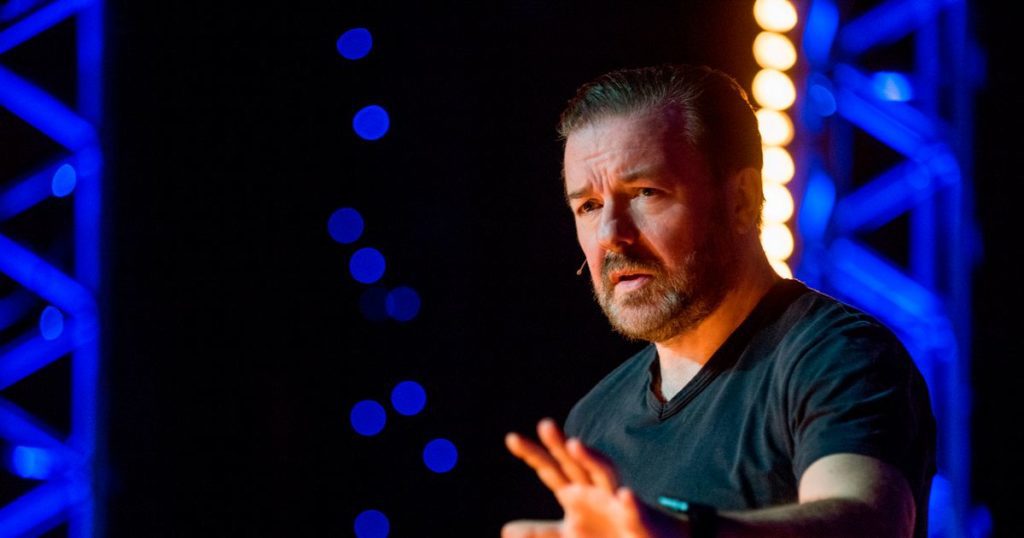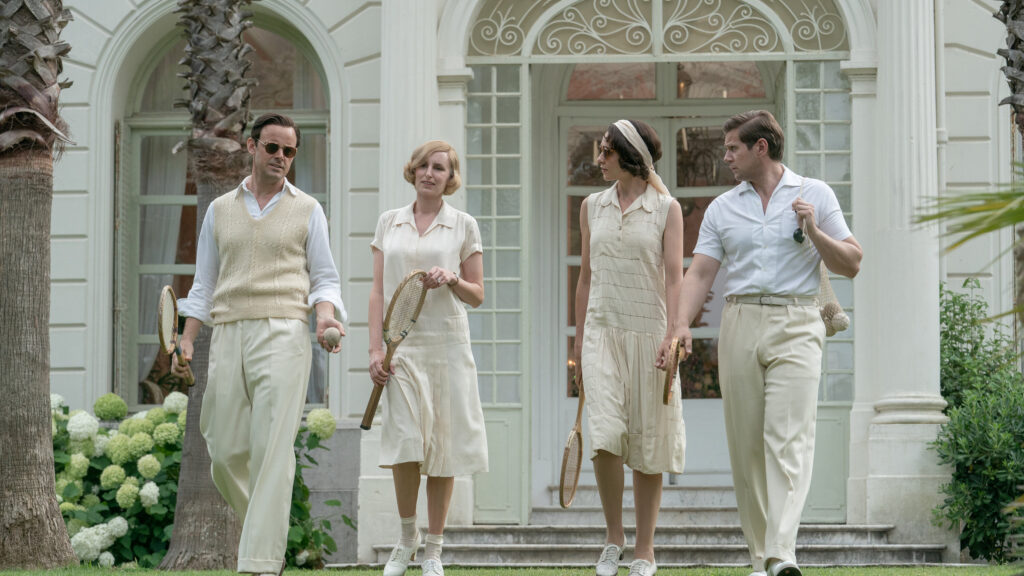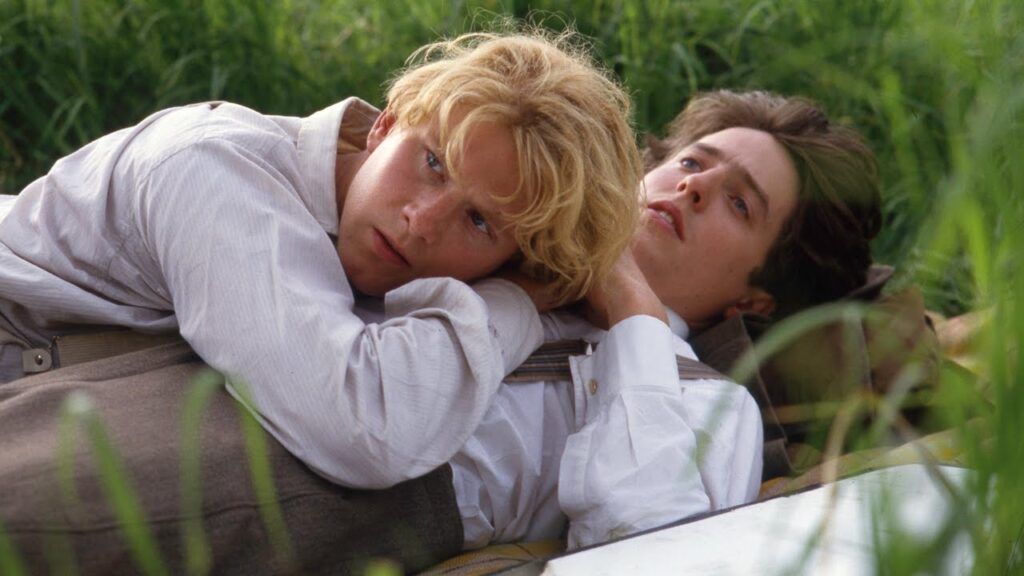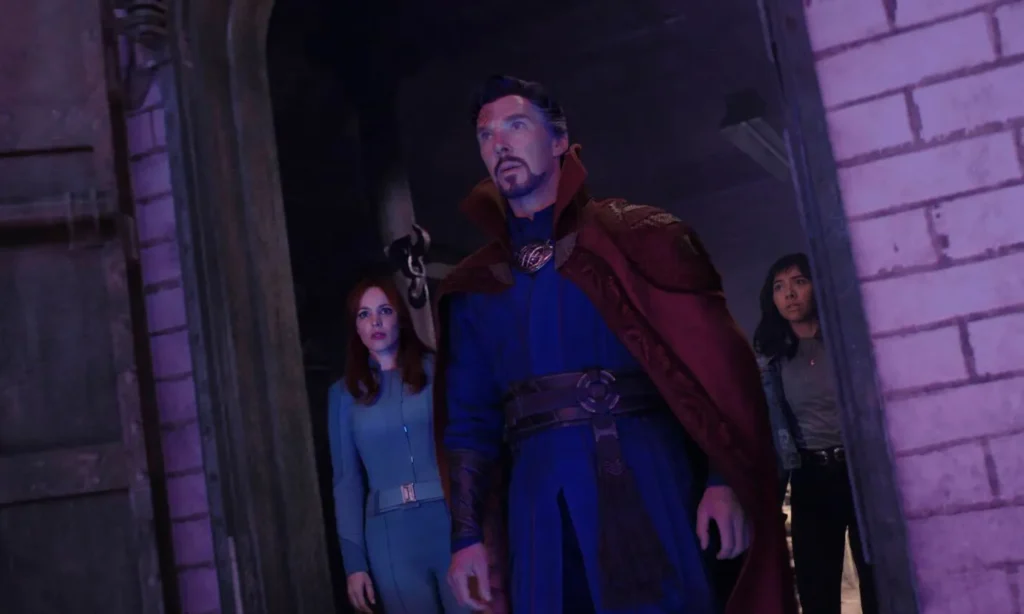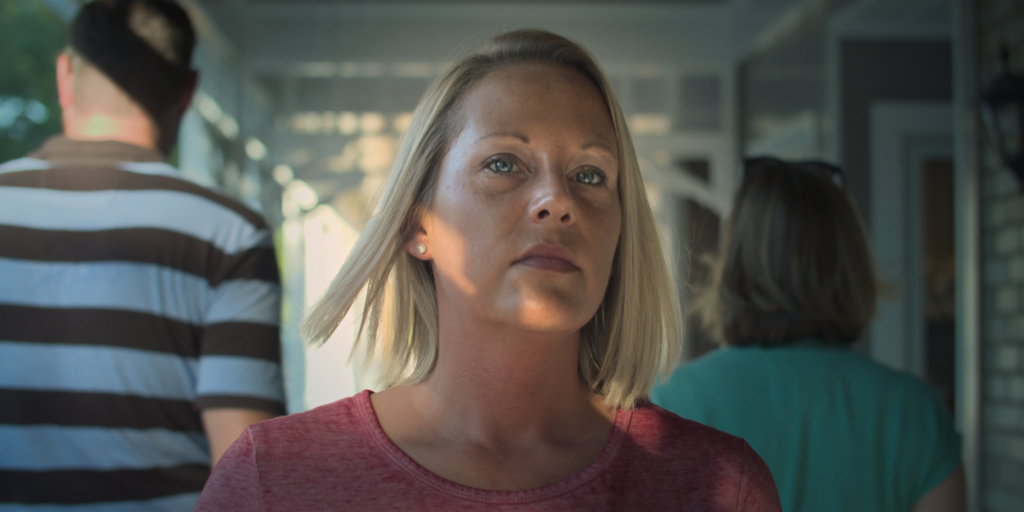Top Gun: Maverick demonstrates the vitality of the big screen through its devotion to practical effects
Written by Ian Thomas Malone, Posted in Blog, Movie Reviews, Pop Culture
The original Top Gun helped solidify Tom Cruise’s status as a leading actor. More than thirty years later, Hollywood tends to rely on franchises rather than its A-listers to bring fans to the theaters. Top Gun: Maverick is a marriage of two different eras of cinema, a nostalgia-laden action romp structured fueled by Cruise’s pursuit of high-octane stunts and his effortless charm.
Maverick hasn’t changed all that much since 1986. The same reputation that earned him legendary status as a pilot kept him from climbing the career ladder, stalling at the rank of captain. After a botched stunt threatened to end his career, Maverick is sent back to Top Gun to train a team for a high-stakes mission to take out a facility manufacturing enriched uranium. The complex mission parameters leave little room for error, placing a heavy burden on Maverick to select his team from the Navy’s best, among them Bradley “Rooster” Bradshaw (Miles Teller), the son of his best friend Goose.
Top Gun: Maverick is an expertly paced testament to the power of practical effects. Cruise’s tireless devotion to blockbuster filmmaking bleeds through the screen in every scene, a modern cinematic marvel. The script is not exactly Dryden’s Aeneid, full of clunky jokes, but you can’t help but smile at the way Cruise pours his heart and soul into the whole production.
While Cruise is the focus of practically every scene, the supporting cast find their magic as well. Teller carries the emotional weight of Goose’s absence in every expression. Rooster’s beef with Maverick is a bit predictable, but the film finds time to give him a mini-rivalry with fellow trainee Jake “Hangman” Seresin (Glen Powell), reminiscent of the original Maverick/Iceman feud/angsty bromance. The rest of the trainees, including Monica Barbaro, Lewis Pullman, Jay Ellis, and Danny Ramirez, are clearly having the time of their lives, the group possessing impeccable chemistry that makes up for their limited screen time.
The film does have a bit of a clunky romance. Jennifer Connelly plays Penelope Benjamin, a local bar owner with a long history with Maverick. Connelly and Cruise are fun to watch together, but the script does a poor job selling the idea that this plotline exists for any other reason than to give Cruise something to do when there are no planes in the air.
The beauty of director Joseph Kosinski’s feature is that everyone understands the real reason fans are in the seats. The plane sequences are unbelievably spectacular, a true sight to behold on the big screen. Much of the 131-minute runtime is spent in the air. Rarely more than two scenes go by without a plane sequence, a non-stop adrenaline rush. The crew’s dedication to top-notch action choreography is about as strong a selling point for movie theatres as can be made.
Top Gun: Maverick blows the first film out of the water. The script could have used another draft’s worth of revisions, but it’s hard to care much with the cast’s abundant heart. The film pays great homage to its predecessor without using anything for cheap nostalgia, particularly a touching scene with Val Kilmer. There are some moments played for obvious fan service, but Cruise sells them with his signature smile.
There may come a day when Cruise isn’t able to up the ante on his age-defying stunts that push filmmaking to its limits. Some actors make new films to relive their glory days. Cruise is firmly committed to the present, bringing the advances of modern technology to enhance the traditional craft. If only more actors would use their star power to push back on Hollywood’s over-reliance on CGI.






